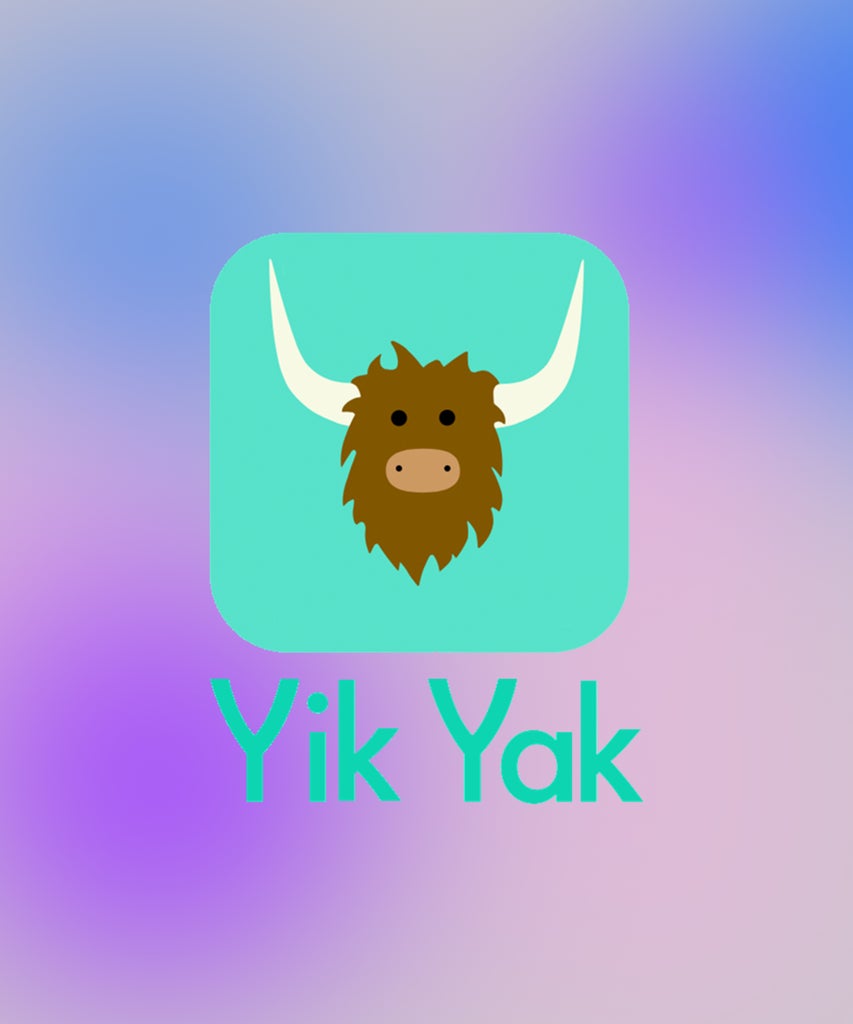
On Monday, the internet began buzzing with news that Yik Yak, the infamous anonymous post app from the early 2010s, was once again available for download in Apple’s App Store. Four years after it shut down, Yik Yak is, in fact, back (but currently only for iPhone users across the U.S.) And nostalgic millennials are already bemoaning and celebrating its return.
For anyone living their teenage and young adult years between 2013 and 2017, Yik Yak is best remembered as the app where users could talk to (and about) each other anonymously. The original app, created by Furman University alums Tyler Droll and Brooks Buffington, was a space where users could post on message boards and send one-off messages to anyone within a five-mile radius. But as with every social media app ever created, it came with its pros and cons.
On a good day, Yik Yak was massively popular on college campuses and among high schoolers because of the shared connection of attending the same school and relating to things unique to that campus. On a bad day, which would eventually define the app’s legacy, anonymous bullying and harassment were rampant. Because of the anonymity given to each user, OG Yik Yak was a breeding ground for cyberbullying.
Bullying wasn’t Yik Yak’s only issue at its peak popularity: death threats on college campuses, racism, and sexism were also common occurrences. In 2015, anonymous messages coming from a University of Missouri student announced that “I’m going to stand my ground tomorrow and shoot every black person I see.” The user also wrote that “Some of you are alright. Don’t go to campus tomorrow.” and “We’re waiting for you at the parking lots. We will kill you all.”
The messages came in the midst of students of color protesting racism on campus and only added fuel to the fire. The murder of a University of Mary Washington student that same year was also linked back to Yik Yak, after it was discovered that members of the school’s rugby team had openly threatened her on the app hours before she was killed.
This all came to an end in 2017 when the app was sold for $1 million to Square; in the deal, engineers who worked at Yik Yak jumped ship, leaving the message board app no choice but to shut down. Users had already moved on to sliding into DMs on Instagram and Snapchat, and Yik Yak quickly became obsolete.
But it’s four years later and everything old is new again, so the app is officially back to the front of our minds and millennials are ready to pick up where they left off. Some with purer intentions than others, of course: Mashable’s first glimpse of New York City-based users returning to the app show that they’re already reminiscing about being back on message boards, looking forward to using it as a hookup app, and making played-out meme references. Fun!
And while there’s no promise that the new (and allegedly improved) Yik Yak will reach the same level of popularity it did in the 2010s, there’s always the possibility that Gen Z will find it just nostalgic enough that it can be retro chic. But who is to say what will really happen. I mean, remember that month we were all on House Party?
Like what you see? How about some more R29 goodness, right here?
We're All Each Others' Ghostwriters On Dating Apps
How Clubhouse Became A Haven For Anti-Vaxxers
Can Gen Z Use TikTok To Save The Gap?
from Refinery29 https://ift.tt/3D3sLnk
via IFTTT

